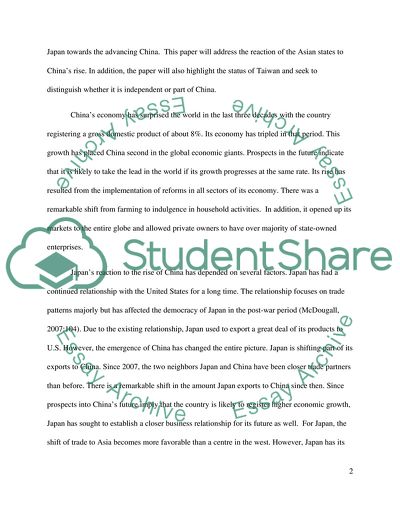Cite this document
(International Relations Of The Asia-Pacific Research Paper, n.d.)
International Relations Of The Asia-Pacific Research Paper. Retrieved from https://studentshare.org/politics/1783514-international-relations-of-the-asia-pacific
International Relations Of The Asia-Pacific Research Paper. Retrieved from https://studentshare.org/politics/1783514-international-relations-of-the-asia-pacific
(International Relations Of The Asia-Pacific Research Paper)
International Relations Of The Asia-Pacific Research Paper. https://studentshare.org/politics/1783514-international-relations-of-the-asia-pacific.
International Relations Of The Asia-Pacific Research Paper. https://studentshare.org/politics/1783514-international-relations-of-the-asia-pacific.
“International Relations Of The Asia-Pacific Research Paper”, n.d. https://studentshare.org/politics/1783514-international-relations-of-the-asia-pacific.


